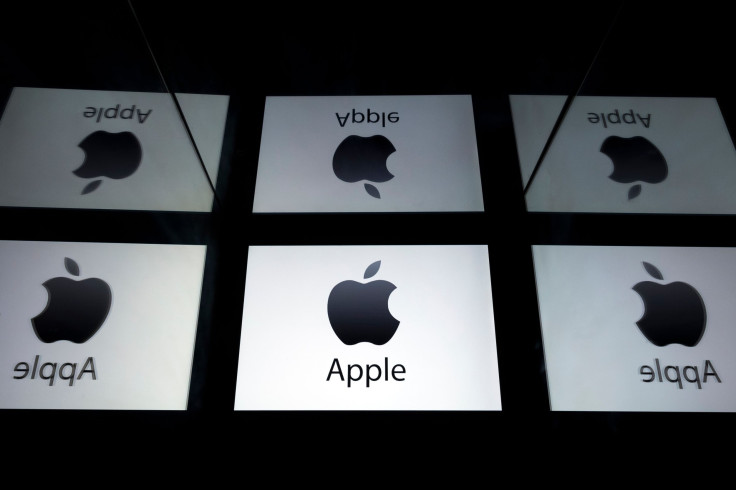Apple's Software Hiring Spree Isn't Surprising

Thinknum's Joshua Fruhlinger recently dove into Apple's (NASDAQ:AAPL) recent job listings and found something interesting: The company has more "software and services" job listings open than it does "hardware" listings -- something that Thinknum claims is a first for the Mac maker.
In analyzing this data, Fruhlinger pointed out that the company's hardware demand has peaked and that Apple's game plan is now to "lock people into the ecosystem with software and services" by hiring "people who know how to build that walled garden."
While Apple's ambition to dramatically expand its services is certainly playing a role in the company's software engineer hiring spree, I think there's another factor that we need to consider.
Apple's had its hardware fill
For years, Apple has been expanding the scope of its hardware. The company has broadened its hardware portfolio with more iPhones, more iPads, the Apple Watch, AirPods, Apple TV, and new Macs. The company has also been very aggressively bringing key technology development in house, something that surely necessitated building out substantial engineering teams to accomplish.
Apple is still quite clearly investing significantly in hardware, and the company will need to continue to grow its hardware-related headcount over time. However, I'd imagine because Apple has done so much hiring and has built so many hardware-related competencies internally over the years, the rate at which it needs to add incremental hardware talent might be set to slow.
Apple has a lot of work to do in services
Software has always been integral to Apple's products. Apple's iOS and related software ecosystem is a key way that the company differentiates its smartphones and tablets from those of the competition. The role that the company's macOS operating system plays for its Mac lineup of notebook and desktop computers is similar.
Apple also generates a substantial amount of revenue from these ecosystems, collecting cuts from sales of apps sold through the app stores on those respective platforms.
Another thing that you might not know is that hardware requires substantial software expertise to support. Apple's in-house graphics processing units (GPUs) would be useless without substantial software to drive them. Apple also invests heavily in developing new programming languages and software libraries. Hardware is practically useless without software.
Relatively recently, the company's software and services ambitions have broadened dramatically in scope. Apple is now a major player in the streaming music market with its Apple Music offering. The company is also making a big push into contactless payments with Apple Pay -- an offering that has become quite successful. And, unsurprisingly, Apple is reportedly planning to go after the fast-growing streaming video market, too.
These efforts, in aggregate, should allow Apple to not only continue to boost the financial performance of its services business, which enjoyed 19.1% year-over-year revenue growth, but could also serve to increase the stickiness of Apple's hardware ecosystem.
Now, it's also worth mentioning that Apple isn't really the market leader in many of these services. Apple Music has enjoyed robust growth, but it's still playing second fiddle to Spotify. Apple Pay is growing quickly, but it's still not yet on the scale of PayPal. And, of course, it's unlikely that Apple's upcoming video streaming service will be a Netflix killer right out of the gate.
Apple will need to make significant multiyear investments to try to become the leader in each of these key services. Fundamentally, those services are going to need many software engineers to build, maintain, and extend them.
With all of this in mind, it seems little wonder that Apple is looking to hire a lot of software engineering talent.
This article originally appeared in The Motley Fool.
Ashraf Eassa has no position in any of the stocks mentioned. The Motley Fool owns shares of and recommends Apple, Netflix, and PayPal Holdings. The Motley Fool has the following options: long January 2020 $150 calls on Apple and short January 2020 $155 calls on Apple. The Motley Fool has a disclosure policy.





















